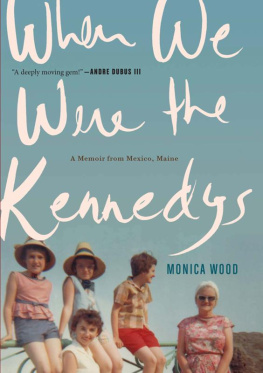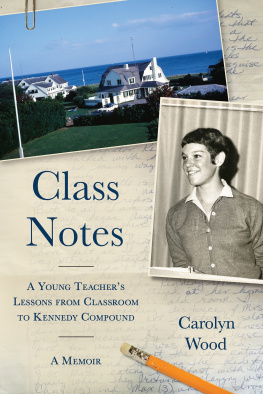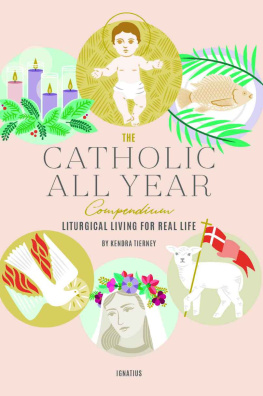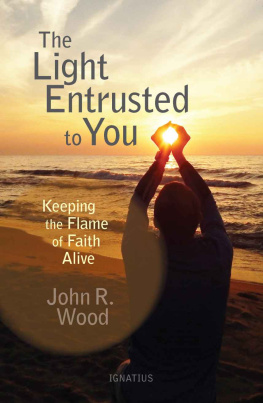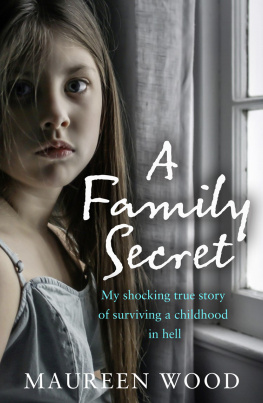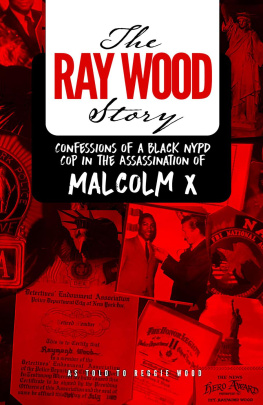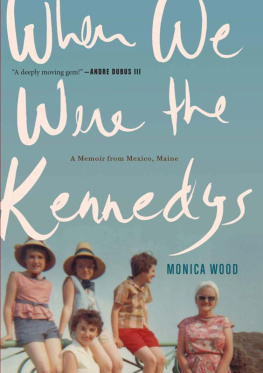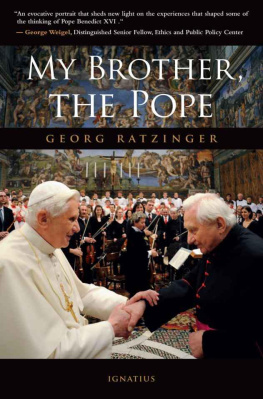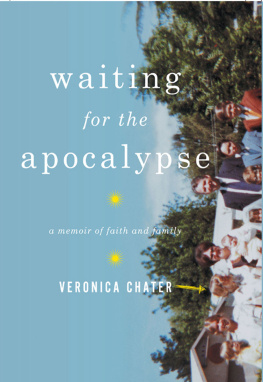Copyright 2012 by Monica Wood
All rights reserved
For information about permission to reproduce selections from this book, write to Permissions, Houghton Mifflin Harcourt Publishing Company, 215 Park Avenue South, New York, New York 10003.
www.hmhbooks.com
Library of Congress Cataloguing in Publication Data
Wood, Monica.
When we were the Kennedys : a memoir from Mexico, Maine / Monica Wood.
p. cm.
ISBN 978-0-547-63014-4
1. Wood, Monica. 2. Authors, American20th centuryBiography. 3. Mexico (Me. : Town)Biography. I. Title.
PS 3573.05948Z46 2012
813.54dc22 [ B ] 2011016069
Book design by Brian Moore
Printed in the United States of America
DOC 10 9 8 7 6 5 4 3 2 1
Credit: Gregory Orr, This is what was bequeathed us from How Beautiful the Beloved. Copyright 2009 by Gregory Orr. Reprinted with the permission of Copper Canyon Press, www.coppercanyonpress.org.
For Denise Vaillancourt, who shared her father
Authors Note
This is a memoir: the truth as I recall it. You will find herein no composite or invented characters, no rearranged chronologies, no alterations in the character or appearance of the people I remember. I changed only one name. One chapter contains a blizzard that my sisters now inform me occurred on a different occasion; and indeed, when I looked up weather for November 1963 I found not only no blizzard, butastonishinglyno snow to speak of. The inaccurate memory is so embedded in my psyche, however, so inextricable from the remembered events of that chapter, that in the end I decided to leave it alone. Otherwise, events or processes I could not remember with accuracy or was too young at the time to understandfor example, papermaking, strike politics, the specific character of my fathers workI filled out as accurately as I could through research, the venerable Rumford Falls Times, and the memories of others. The bulk of this story, however, results from my having been an observant child living in a vibrant place and time.
This Is What Was Bequeathed Us
BY GREGORY ORR
This is what was bequeathed us:
This earth the beloved left
And, leaving,
Left to us.
No other world
But this one:
Willows and the river
And the factory
With its black smokestacks.
No other shore, only this bank
On which the living gather.
No meaning but what we find here.
No purpose but what we make.
That, and the beloveds clear instructions:
Turn me into song; sing me awake.
Prologue: My Mexico
I N MEXICO, MAINE , where I grew up, you couldnt find a single Mexican.
Wed been named by a band of settlers as a shout-out to the Mexican revolutionariesa puzzling gesture, its meaning long gonebut by the time I came along, my hometown retained not a shred of solidarity, unless you counted a bottle of Tabasco sauce moldering in the door of somebodys fridge. We had a badly painted sombrero on the WELCOME TO MEXICO sign, but the only Spanish I ever heard came from a scratched 45 of Doris Day singing Que Sera, Sera.
In fourth grade, after discovering that the world included a country called Mexico, I spent several befuzzled days wondering why it had named itself after us. Sister Ernestine adjusted my perspective with a pull-down map of the world, on which the country of Mexico showed up as a pepper-red presence and its puny namesake did not appear at all.
In high summer, when tourists in paneled station wagons caravanned through town on their way to someplace else, hankies pressed comically to their noses against the stench of paper being made, I sat with my friends on the stoop of Nerys Market to play License Plate. Sucking on blue Popsicles, we observed the procession of vehicles carrying strangers wed never glimpse again, and accumulated points for every out-of-state plate. These people didnt linger to look around or buy anything, though once in a while a woman (always a woman, with the smiley red lips all women had then) popped out of an idling car to ask the posse of sun-burnished children, Why Mexico?
We looked at one another. I was the one in the wrinkled tee shirt bought at the Alamo by my priest uncle, Father Bob, who loved to travel. Or maybe that was my little sister, Cathy, or my next-bigger sister, Betty, or one of our friends. Who could tell one kid from the next? White kids in similar clothes; Catholic children of millworkers and housewives. We lived in triple-decker apartment buildingswe called them blocksor in nondescript houses that our fathers painted every few years. The only Mexico we knew was this one, ours, with its single main street and its one bowling alley and its convent and church steeples and our fathers over there, just across the river, toiling inside a brick-and-steel complex with heaven-high smokestacks that shot great, gorgeous steam clouds into the air so steadily we couldnt tell where mill left off and sky began.
Like most Irish Catholic families in 1963, mine had a boiled dinner on Sundays after Mass and salmon loaf on Fridays. We had pictures of Pope John and President John and the Sacred Heart of Jesus hung over our red couch, and on holidays my big brother, the frontman in a local band called the Impacts, came with his wife and babies and guitar to sing story songs packed with repentant jailbirds and useless regret and soldiers bleeding to death on heathery fields. In my friend Denise Vaillancourts French Catholic family they ate meat piestourtireson Christmas Eve and sang comic Qubecois songs about mistaken identity and family kerfuffles. I had another friend, Sheila, who lived just our side of the Mexico-Rumford bridge, in a Protestant, two-child, flood-prone, single-family house; and another friend, Janet, who lived atop her parents tavern, the regulars marshmallowed onto the barstools by three in the afternoon listening to Elvis on the jukebox. At St. Theresas we greeted our teachers with a singsong Bonjooour, ma Soeur, diagrammed morally loaded sentences at flip-top desks, and drew flattering pictures of the Blessed Mother. We went to Mass on Sunday mornings and high holy days, singing four-part Tantum Ergos from the choir loft in a teamwork reminiscent of our fathers sweating out their shifts in noisy, cavernous rooms. The nuns taught us that six went into twelve twice, that the Declaration of Independence was signed in 1776, that California exported avocados and Maine exported papertons and tons of paper, the kind our fathers made.
Though our elders in Mexicowho spoke French, or Italian, or Lithuanian, or English with a liltcherished their cultural differences, which were deep and mysterious and preserved in family lore, what bound us, the children, was bigger and stronger and far more alluring than the past. It was the future we shared, the promise of a long and bountiful life.
The unlikely source of that promise penetrated our town like a long and endless sigh: the Oxford Paper Company, that boiling hulk on the riverbank, the great equalizer that took our fathers from us every day and eight hours later gave them back, in an unceasing loop of shift work.
The Oxford, we chummily called it, as if it were our friend. From nowhere in town could you not see it.
The mill. The rumbling, hard-breathing monster that made steam and noise and grit and stench and dreams and livelihoodsand paper. It possessed a scoured, industrial beauty as awesome and ever-changing as the leaf-plumped hills that surrounded us. It made a world unto itself, overbearing and irrefutable, claiming its ground along the Androscoggin, a wide and roiling river that cracked the floor of our valley like the lifeline on a palm. My father made his living there, and my friends fathers, and my brother, and my friends brothers, and my grandfather, and my friends grandfathers. They crossed the footbridge over the rivers tainted waters, carrying their lunch pails into the mills overheated gullet five, six, sometimes seven days a week.
Next page
